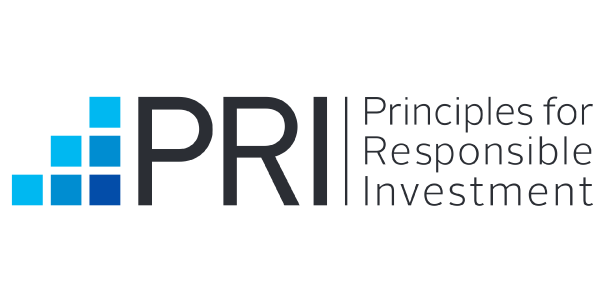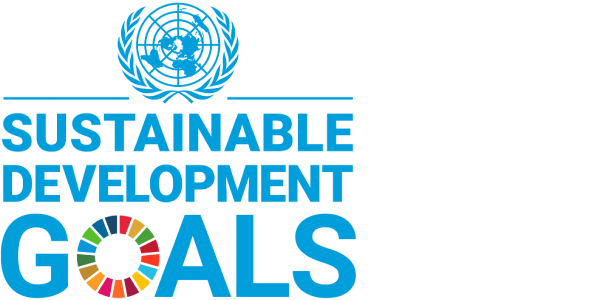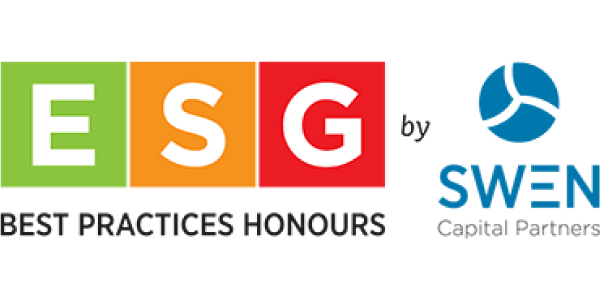Our Impact Approach
Improving patient outcomes is one of ARCHIMED’s founding ideas and our team’s mission is to improve healthcare globally as much as to bring excellent financial returns. Our positive impact is brought through a careful responsible investment strategy. From 2018, when ARCHIMED first became a signatory of the Principles for Responsible Investment (PRI) to the creation of our first funds with a sustainable objective – MED III and MED Platform II – classified as Article 8+ and 9 under the Sustainable Finance Disclosure Regulation (SFDR). ARCHIMED’s approach to responsible investment is continuously evolving and the entire team receives regular training and is involved in implementation of the strategy. We periodically report on our progress on these topics to our LPs and constantly engage with the management of our portfolio companies to improve upon impact and Environmental, Social, and Governance (ESG) topics.
OUR SUSTAINABILTY AND IMPACT REPORTS
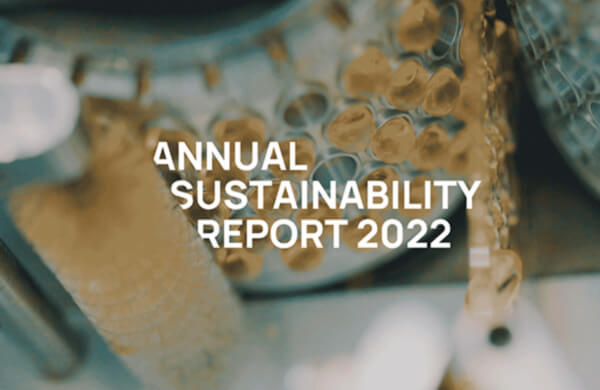
OUR SUSTAINABILITY REPORT
Download the full report
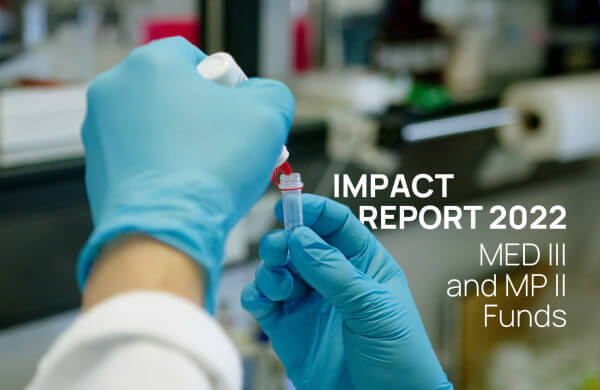
IMPACT REPORT (MED III and MED Platform II Funds)
Download the full report
FIVE HEALTH OBJECTIVES
ARCHIMED is committed to prioritize, select and invest in companies that have at their core a mission to contribute positively to solving one or more of the Health Objectives, hence contributing to the United Nations Sustainable Development (UN SDGs) Goal 3 – Good Health and Well-Being and Goal 9 – Industry, Innovation and Infrastructure. ARCHIMED has used internationally recognized standards and literature to identify the five key Health Objectives to be addressed. Each investment’s impact on improving health outcomes is assessed through the lens of these five Health Objectives to ensure our funds ultimately contribute towards healthier society.
OUR APPROACH TO RESPONSIBLE INVESTMENT
We strive to continuously improve our approach to responsible investment by revising our commitments, strengthening our processes, implementing new actions and to ensure compliance with regulations. We include ESG considerations within our investment process and throughout our operations. ARCHIMED’s aim is to ensure our companies grow sustainably and contribute to the UN SDGs.

“It is essential to integrate sustainability throughout our activities. As the Head of Sustainability and Impact, my role is to ensure all ARCHIMED employees and all portfolio companies are involved in our sustainability journey.“
Alice Morillon,
Head of Sustainability and Impact
OUR CORPORATE SOCIAL RESPONSIBILITY (CSR) POLICY
Aligned with our commitment to sustainability, we are actively pursuing a company corporate ‘ESG in action’ approach.
HR: enforce diversity, equity and inclusion
ARCHIMED is people-driven. We are continuously growing and welcome new individuals to join an international, agile, ambitious, and creative environment. ARCHIMED’s hiring, development and promotion processes and policies are built to actively overcome conscious and unconscious bias relating to both negative and positive discrimination. ARCHIMED is convinced that diversity makes our business more successful. We strive to build and constantly keep a multicultural and diverse team in terms of age, professional background and gender to bring multiple perspectives within our way of doing business.
Environment: fight climate change
ARCHIMED firmly believes that all companies, independent of their activities, size, and location, can implement tailored initiatives to fight against climate change that are adapted to their footprint and use of resources. We have applied this belief to our firm and have assessed our carbon footprint including scope 1, 2 and 3 emissions. Different actions to reduce our footprint are being implemented and we are working with expert consultants to define a climate strategy that is aligned with the Paris Agreement and includes climate targets validated by the Science Based Targets initiative (SBTi).
Good governance and business ethics
At ARCHIMED, we believe it is essential to strengthen our internal processes to build an effective, accountable, and inclusive organization. This means preventing potential ethical and anti-corruption issues, establishing transparent governance mechanisms and ensuring data protection.
Learn more
